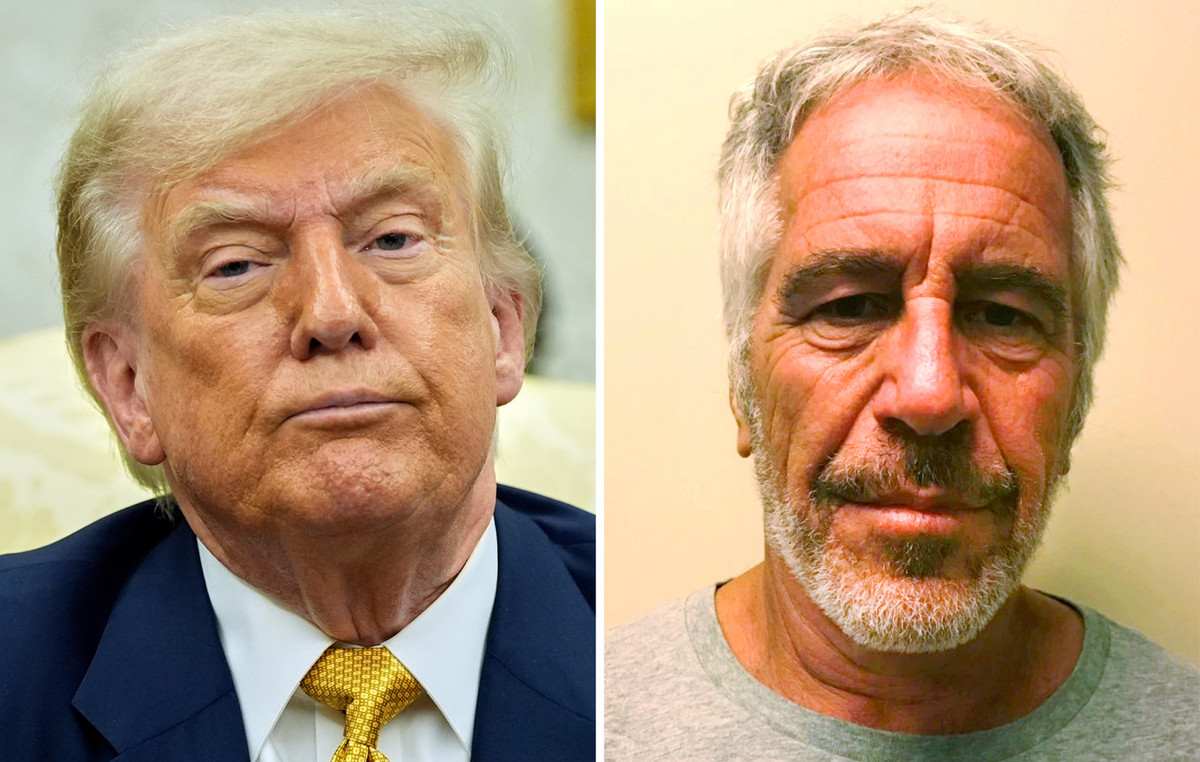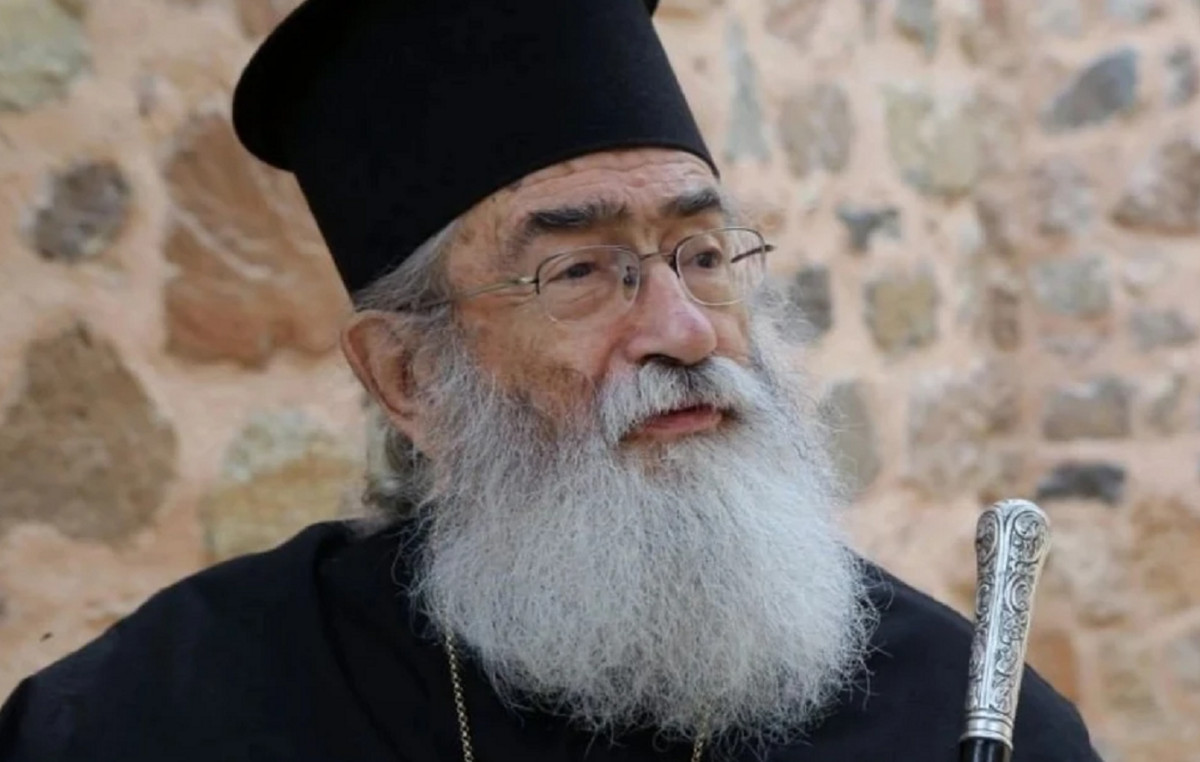This May 3 is World Asthma Day. The disease affects about 20 million people in Brazil, according to the Brazilian Society of Pulmonology and Tisiology. In the world, according to the World Health Organization (WHO), this number can reach 300 million people.
Respiratory disease has no cure, but it can be treated and controlled. Of the cases in the world, about 10% live with the disease under control.
In the Correspondent Medical section of Novo Dia, neurosurgeon Fernando Gomes explains that the main causes of the disease are related to genetic factors, but also to environmental factors such as mites, fungi, animals and smoking.
The doctor explains that if the person already has a predisposition and knows that environmental factors can trigger a crisis, he can avoid it with some care.
“Pay attention to the bedding, the rugs in the house, the curtains. Leaving it exposed to the sun so it can eliminate those little elements,” she said.
The main symptoms of asthma are shortness of breath, wheezing, coughing, feeling tired and chest pain, especially after physical exertion and even when talking.
Treatment
According to Gomes, there are two pillars of treatment. “One of them makes the patient avoid having crises, which are maintenance treatments. And the rescue treatment, which, when the person has the crisis, uses the dilatation pump,” he said.
The neurosurgeon explains that it is important for the person who has symptoms to look for a pulmonologist. “Much more serious complications can arise if you don’t adhere to a treatment,” he says.
According to the Ministry of Health, asthma can trigger a series of complications, such as reduced ability to perform activities, insomnia, permanent changes in the functioning of the lungs, persistent cough, difficulty breathing, hospitalization and hospitalization for severe attacks.
“These diseases, which are often chronic and have no cure, deserve accurate diagnosis and adequate treatment,” said Gomes.
The diagnosis of asthma must be based on clinical examinations, indicated by the general practitioner or pulmonologist.
*With information from Lucas Rocha, from CNN
Source: CNN Brasil







